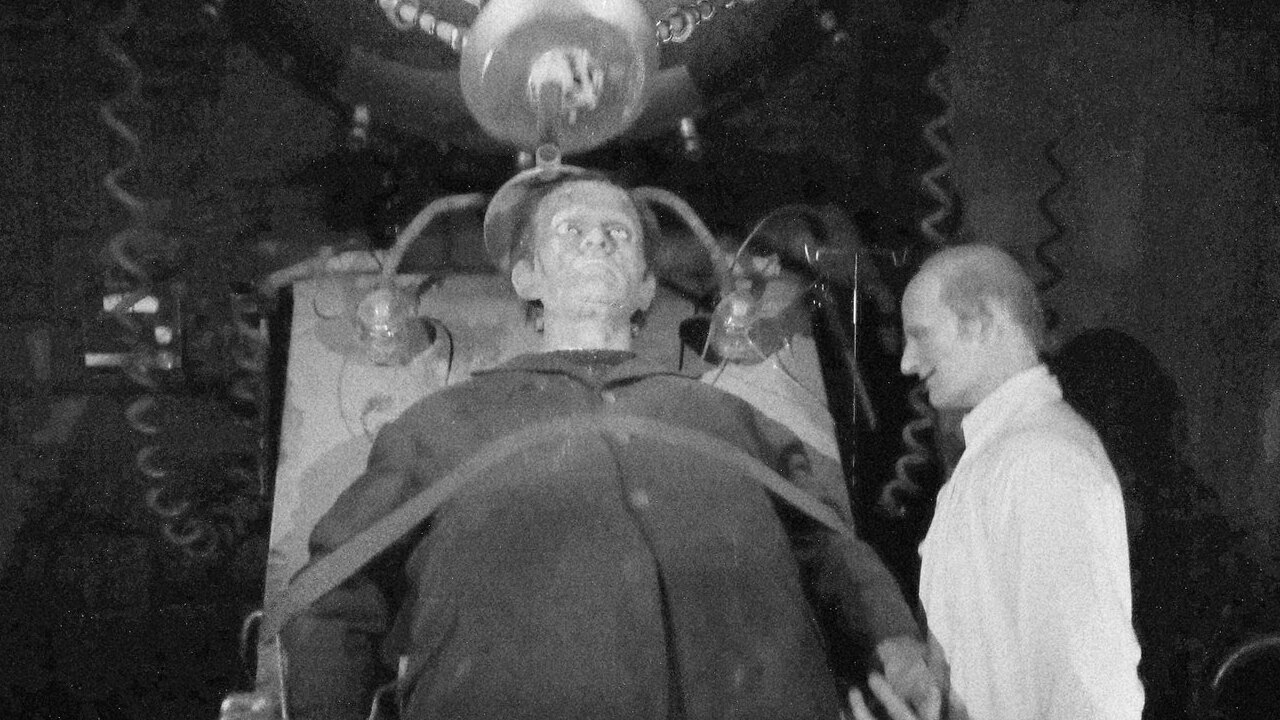“The different accidents of life are not so changeable as the feelings of human nature. . . the beauty of the dream vanished, and breathless horror and disgust filled my heart.”
In the book Frankenstein, by Mary Shelley, the character Robert Walton is moved by the idea of power. The power to control life and death. When he is successful in bringing life to a pseudo human, Frankenstein, he soon finds that controlling the circle and rhythm of life to change the probability of death is not possible as he presumed. He was left mortified at his creation and all hopes of stepping into the realm of playing God were halted by the utter grotesque and frightening being that stood before him.
There are many hidden truths to find in the reading of Frankenstein; some being warnings to anyone seeking to alter natural law, warnings against “playing God,” or simply a warning against going beyond what is ethical to mend the ailments of life. One can find in great classic literature principles related to contemporary culture. Human nature remains the same but our choices surrounding our nature can breed good or bad results.
Within current contemporary culture, we can find flags waving that either stand for freedom or personal identity; this is creating a new kind of divide within today’s American culture that is said by some to be far worse than past years. When listening to seniors in their 80s discuss cultural trends, they are aghast at how far culture has swung morally; the ethics of modern culture are clearly at a fast pace of decline. When did it become discrimination or slander to suggest that there are only two genders? Since when is it okay to sexualize children? When did it become moral to encourage mental illness or mental confusion? How can one find it moral to “fix” racism with more racism? How does America move forward and thrive as an ethical society once again? Is it too late?
What we find in the modern west, specifically the United States, is something of a horror film; something in a nightmare. America’s current popular cultural trends could not be morally satisfying; instead, disgust should fill our hearts as we look at our society and find it far from what the Founder’s envisioned as sustainable. A nation that controls the sea lanes, the “world’s principal customer,” and a nation that “exert[s] considerable moral leadership within many societies,” is disappointingly faltering. Writer of global politics, Samuel P. Huntington, states quite frankly, America is not only seeing economic decline, but a fading work ethic and “social disintegration.”
Empires rise and fall; there is an ebb and flow; however, as Americans we should find ourselves looking within to see if we have played a role in the horror that stands before us. Are we shying away from standing for truth and encouraging timeless values or are we aiding destructive societal shifts? Have we forgotten God? Can there still be a return to what made America a superpower? It is important to remain hopeful, yet aware that there are, as intelligence expert George Friedman states, “few opportunities for changing the game.” We must seize those few opportunities.
Moreover, it is important to remember the steps that made us falter to create the steps needed to succeed again triumphantly—for our children and beyond.
PHOTO: Frankenstein. Photo by Diego Torres Silvestre. Attribution 2.0 Generic (CC BY 2.0).

Gina Lee
Gina is currently a graduate student at Liberty University where she is studying public policy to collaborate in the non-profit sector as well as teach at the collegiate level.





